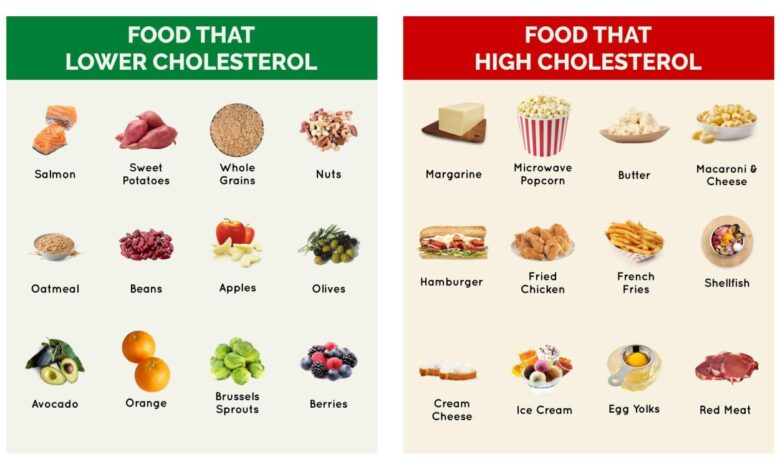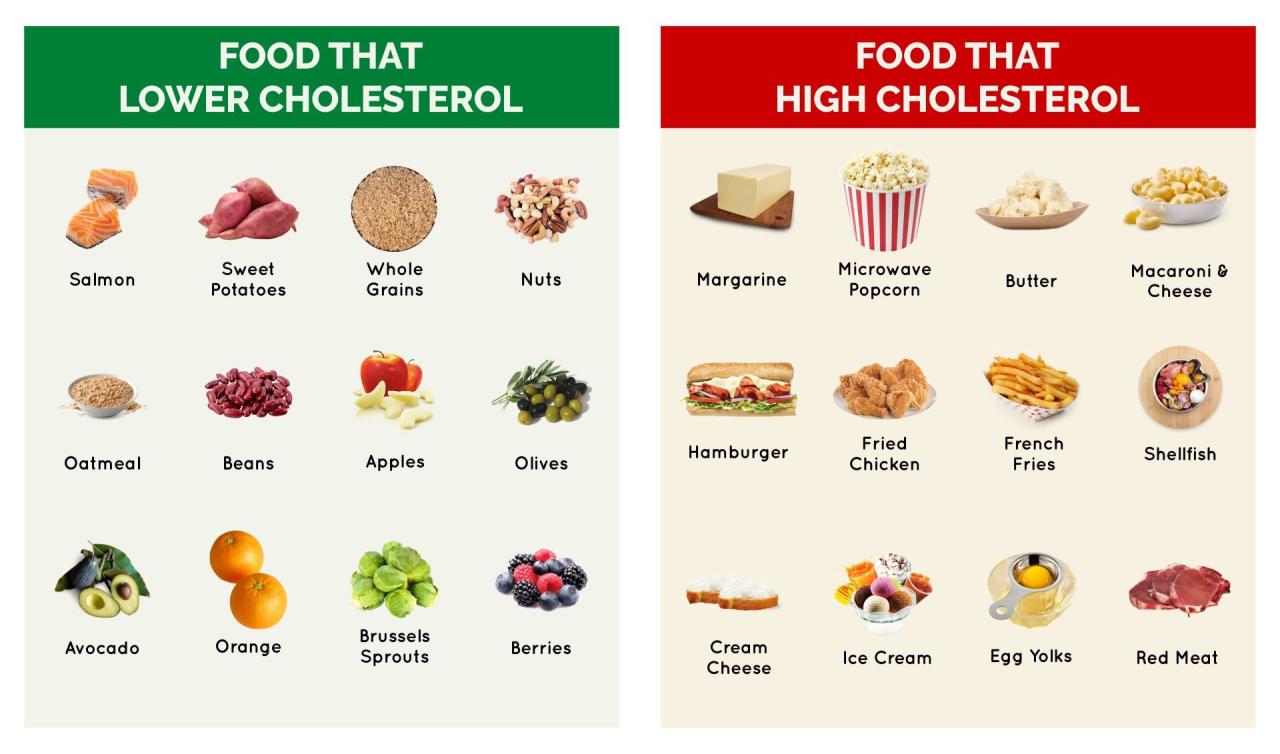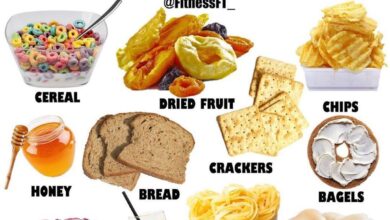
Science Finds Link Between Low Carb Diets and Lower Cholesterol
Science Finds Link Between Low Carb Diets and Lower Cholesterol – This exciting discovery has sparked renewed interest in low-carb diets as a potential strategy for improving heart health. While traditional advice has often emphasized reducing fat intake, this new research suggests that focusing on carbohydrate restriction could be a game-changer for cholesterol management.
The study, published in the prestigious journal “Heart,” reveals a strong correlation between low-carb diets and lower levels of LDL (“bad”) cholesterol, a key factor in the development of heart disease. Researchers examined the impact of various dietary approaches on cholesterol levels and found that low-carb diets consistently outperformed other popular diets, including the Mediterranean and DASH diets.
This finding suggests that reducing carbohydrate intake might be a more effective strategy for lowering cholesterol than simply focusing on reducing fat.
Practical Tips for Implementing Low-Carb Diets
A low-carb diet can be an effective strategy for improving cholesterol levels and overall health. However, it’s crucial to implement it correctly to ensure adequate nutrition and long-term adherence.
Planning and Preparation
A well-planned low-carb diet emphasizes nutrient-rich foods and minimizes processed carbohydrates.
- Start Gradually:Begin by reducing your carbohydrate intake slowly to avoid feeling overwhelmed or deprived. This allows your body to adjust gradually.
- Focus on Whole Foods:Prioritize unprocessed foods like vegetables, fruits, lean proteins, and healthy fats. These foods provide essential nutrients and support satiety.
- Plan Your Meals:Take time to plan your meals and snacks in advance. This helps you make healthier choices and avoid impulsive decisions.
- Read Food Labels:Pay close attention to serving sizes and carbohydrate content in packaged foods. This allows you to make informed choices and stay within your daily carbohydrate target.
Meal Planning Example
Here’s a sample meal plan for a low-carb diet, highlighting food choices and portion sizes:
- Breakfast:3 oz grilled salmon with 1 cup spinach and 1/4 cup berries.
- Lunch:4 oz grilled chicken salad with 2 cups mixed greens, 1/2 avocado, and 2 tablespoons vinaigrette dressing.
- Dinner:4 oz baked cod with 1 cup roasted broccoli and 1/2 cup cauliflower rice.
- Snacks:1/4 cup mixed nuts, 1 hard-boiled egg, or a handful of berries.
Hydration and Electrolyte Balance, Science finds link between low carb diets and lower cholesterol
Maintaining adequate hydration is crucial, especially during the initial stages of a low-carb diet.
- Drink Plenty of Water:Aim for at least 8 glasses of water per day.
- Electrolyte Support:Low-carb diets can sometimes lead to electrolyte imbalances. Consider adding electrolyte-rich beverages or supplements to your diet.
- Eat Potassium-Rich Foods:Include foods like leafy greens, avocados, and bananas in your diet to support potassium levels.
End of Discussion: Science Finds Link Between Low Carb Diets And Lower Cholesterol

The science is clear: low-carb diets can significantly impact cholesterol levels, potentially leading to improved heart health. While this research offers a promising avenue for cholesterol management, it’s crucial to approach any dietary changes with caution. Consulting a healthcare professional is essential to ensure the safety and effectiveness of low-carb diets for your individual needs.
Remember, healthy lifestyle choices, including regular exercise, stress management, and smoking cessation, are equally important for maintaining optimal cholesterol levels and overall well-being.
It’s fascinating how science is uncovering new connections between diet and health, like the recent findings about low-carb diets and lower cholesterol levels. This got me thinking about the growing popularity of plant-based alternatives to meat, and whether they truly offer a healthier option.
I’ve been curious about the nutritional differences and potential benefits of these meat substitutes, and I recently came across an interesting article on this topic: is fake meat healthier than the real thing. It seems there’s a lot to consider when it comes to the health implications of our dietary choices, and it’s great that science is constantly shedding light on these complex issues.
It’s fascinating how science is revealing the benefits of low-carb diets, particularly in lowering cholesterol levels. If you’re looking for delicious and healthy ways to incorporate more low-carb meals into your routine, check out these 9 hearty winter soups under 360 calories.
They’re packed with flavor and nutrients, making them a perfect fit for a low-carb lifestyle. And with the science backing it up, embracing a low-carb approach could be a great way to improve your overall health and well-being.
It’s fascinating how science is uncovering the benefits of low-carb diets, especially when it comes to lowering cholesterol. One of the key strategies for success with these diets is to load up on vegetables, which are naturally low in carbs and packed with nutrients.
If you’re looking for ways to boost your veggie intake, check out this great article on 5 ways to up your vegetable game. Adding more veggies to your plate can not only help you manage your cholesterol but also contribute to a healthier lifestyle overall.
And that’s a win-win in my book!





